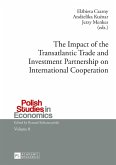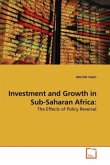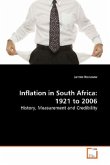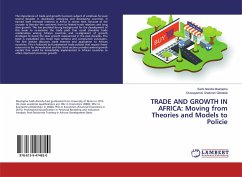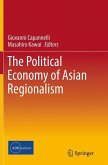Regionalism is not a new phenomenon in Africa. The Southern African Customs Union is in force since 1910 and is in fact the oldest customs union in the world. Today every African country is on average a member of four different trade blocs creating the famous "Spaghetti bowl" of Regional Integration Agreements. The plan of the African Union is to integrate the various Integration Agreements into one large economy with the ultimate goal to unify the continent and create a "United States of Africa" by 2030. Despite such efforts it was pointed out that regional integration has been a failure in Africa, as it could neither contribute to trade creation, nor could it help to develop the continent. This book explores the economic impact of regionalism in Africa over the last 40 years using a gravity model approach. The following questions are addressed: Has the African regionalism been a failure? What factors can be found that led to this unfavourable development? How has Africa been influenced by the phenomenon of new regionalism? And how did regionalism influence trade flows in African and in the rest of the world?
Bitte wählen Sie Ihr Anliegen aus.
Rechnungen
Retourenschein anfordern
Bestellstatus
Storno


